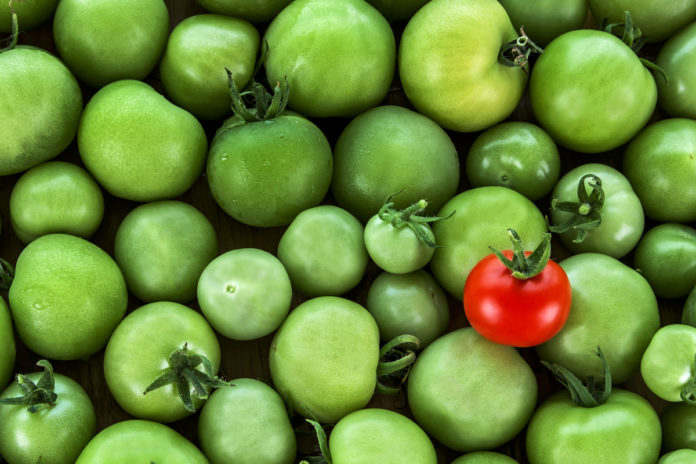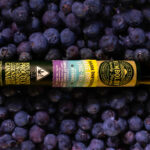Decreased demand, coupled with overproduction, is driving down flower’s price, especially in markets where recreational use is legal. According to New Frontier Data, wholesale pricing has dropped by more than 50 percent in most key markets across the United States. In Oregon alone, the price of flower dropped 41 percent in fifteen months, hitting a low of $5.77 per gram in February.
Because consumer demand is shifting away from flower and toward smoke-free products like edibles, concentrates, and topicals, market analysts expect the cycle of decreasing demand and falling prices to continue. They advise cultivators to differentiate themselves by developing a brand, not merely a market presence.
The foundation of every company is its brand. No matter how booming the industry or what a company produces, if its brand is not solid the business will find surviving—much less thriving—in a competitive environment difficult. Make no mistake: The cannabis industry is becoming more competitive by the day.
So, what is a brand? Is it the company’s logo? A product’s name?
It’s neither.
Brands are intangible. Logos, product names, packaging, marketing, advertising, and customer service are some of the tangible assets that help build a brand. The brand itself is much more: a “feeling” customers associate with a service or product; a concept, an idea…an experience.
Take Apple for example. Many companies manufacture tablet computers and mobile phones, but how many operate their own retail stores where consumers wait in line on each next-generation product’s release day? Apple has created a strong brand. iPhones and iPads say something about the people who own them; the devices are part of the consumers’ identity. Harley Davidson, Coca-Cola, Cuisinart, and Levi’s evoke the same kind of consumer response. And what about Cadillac? People don’t call products “the Cadillac of…” for nothing.
Company values play a large role in brand-building, too. Does the brand employ earth-friendly methods, care about its employees and contractors, and “give back” or “pay forward” in meaningful ways? Consumers today care about transparency, authenticity, and responsibility almost as much as they care about products and prices. How and why they do what they do is one reason some brands are universally known…and not always in a good way. Uber, Facebook, and Wells Fargo, among others, are desperately trying to salvage their brands after behind-the-scenes villainy came to light.
For your business to become a brand, it must develop a personality beyond its products and services, and that personality must align with consumers’ wants and needs. Who are your customers? What benefits do you deliver to them? How do your products and services make them feel about themselves? As you consider your brand, focus outward; see your brand from consumers’ point of view. Remember: They have all the power. They probably can buy products very similar to yours whenever they want, wherever they want, and for a price with which they feel comfortable. What—besides the nebulous and ubiquitous “high quality”—makes your brand so special they should buy from you? Even the smallest companies can build a strong brand with devoted customers simply by creating an identity that resonates with their target market.
Yes, building a brand can be difficult. It requires effort, thought, and devotion to something larger than profits alone. Your brand isn’t about your company—it’s about who your customers want to be. Nike’s brand, for example, has less to do with shoes than with excellence in sports. Check out the company’s ads sometime. You won’t find the benefits of the product in big, bold type. In fact, you may not even notice the product at all. Instead, you’ll see action shots of professional athletes doing what they do best. Nike’s customers don’t buy shoes—they buy a dream.
What do your brand’s customers want to buy?
(This article originally appeared in mg‘s Soil & Nutrients Q4 2018 Supplemental Issue.)

To learn more visit: dbrandingla.com
Dino Carter LinkedIn











